!["I don't want my children to starve, to be subjected to genocide, I want to live in Artsakh, to build our Homeland" [Blockade from the inside]](https://cdn.infocom.am/enlarge?file=2023-08-10-4865f192-ab13-4e84-beab-6232fbca7831.jpg&type=jpeg&width=900&height=506)
"I don't want my children to starve, to be subjected to genocide, I want to live in Artsakh, to build our Homeland" [Blockade from the inside]
Liana Voskanyan, a mother of six, residing in Stepanakert, must juggle multiple jobs to meet their needs. Amidst the blockade, it becomes exceptionally challenging. Due to the closure of the road connecting Artsakh with Armenia, the father of Liana's children, is in Yerevan and unable to join the family. Liana shoulders the responsibility of caring for her children: three boys aged 15, 11, and 9, two girls aged 13 and 3, along with a six-month-old newborn named Avetis, all on her own. Tragically, her mother passed away during the 44-day war, and Liana has lost contact with her mother-in-law. Despite her mother-in-law's disapproval of her sixth child's birth, Liana resolved to bring the boy into the world. "I hold deep affection for our Homeland, and we've endured numerous sacrifices for its sake. I'm driven by the desire to contribute to my nation, and that's why I chose to welcome another boy into the world," expresses Liana. The children's father mentioned that upon his arrival in Artsakh, he intends to relocate the family to Yerevan. However, Liana does not share the same sentiment. "We won't be leaving Artsakh," she firmly declares.
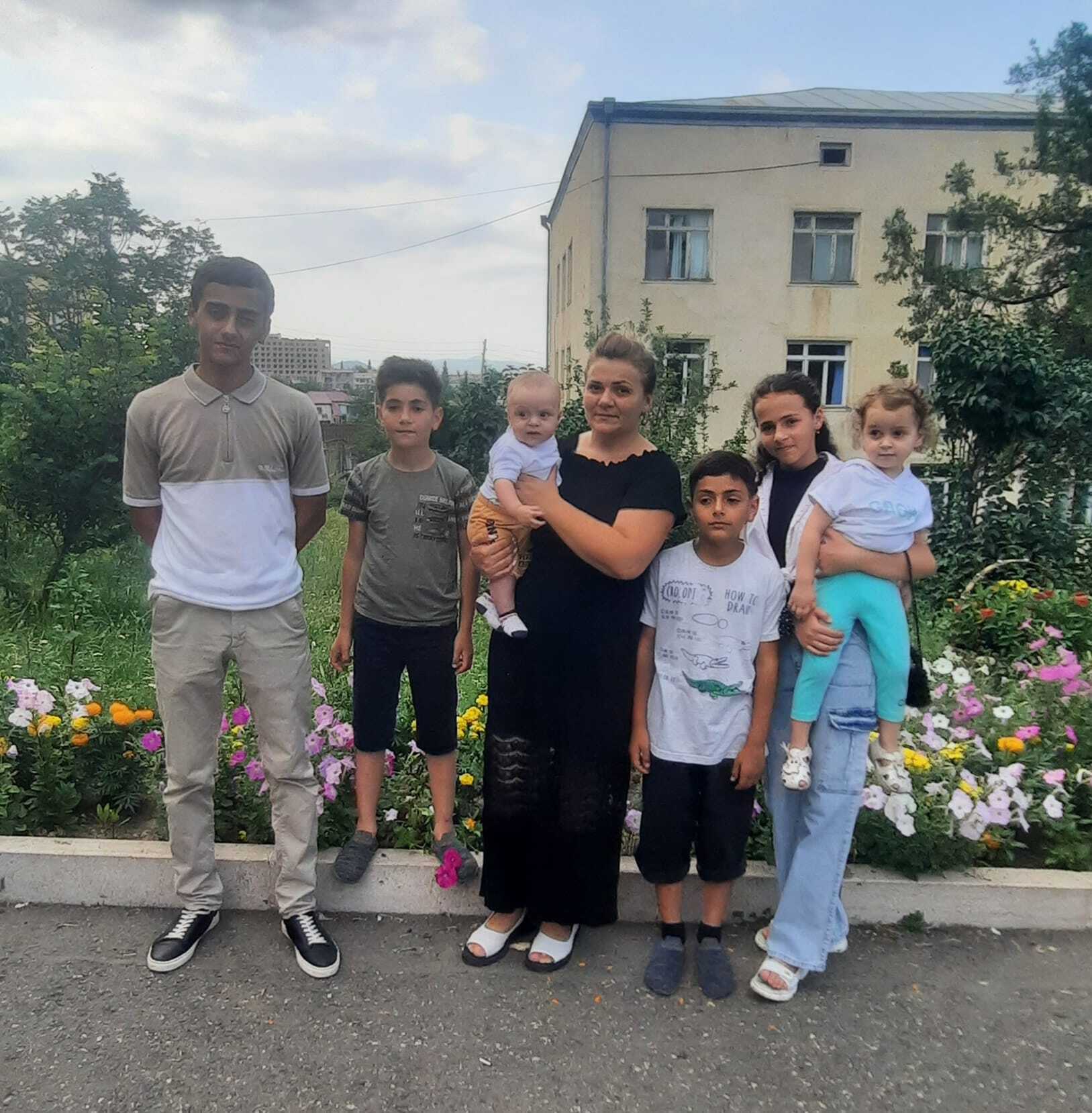
Liana with her children
Liana, an actress with 28 years of service at the Stepanakert Drama Theater named after V. Papazyan, now also works at a bakery and provides makeup services in order to meet her financial needs. The cost of living in Artsakh is high.
"I'm currently employed at a bakery, baking lavash just to ensure we have enough money for basic necessities. Grocery stores are almost devoid of essential items; they mainly offer products like cognac, vodka, vinegar, and perhaps lighters. Occasionally, there might be fruits and vegetables available, but their prices are exorbitant. It's a hit or miss situation – sometimes I can afford to buy them, while other times it's simply not feasible. We didn't have oil or washing powder at home for two days. While food is a vital concern, lifestyle factors are equally significant. Maintaining cleanliness for the children is crucial in warding off numerous illnesses. Unfortunately, there's a scarcity of basic items like soap, dishwashing liquid, laundry detergent, and even toilet paper. It's probably simpler to list what is available for purchase than what isn't," Liana notes.
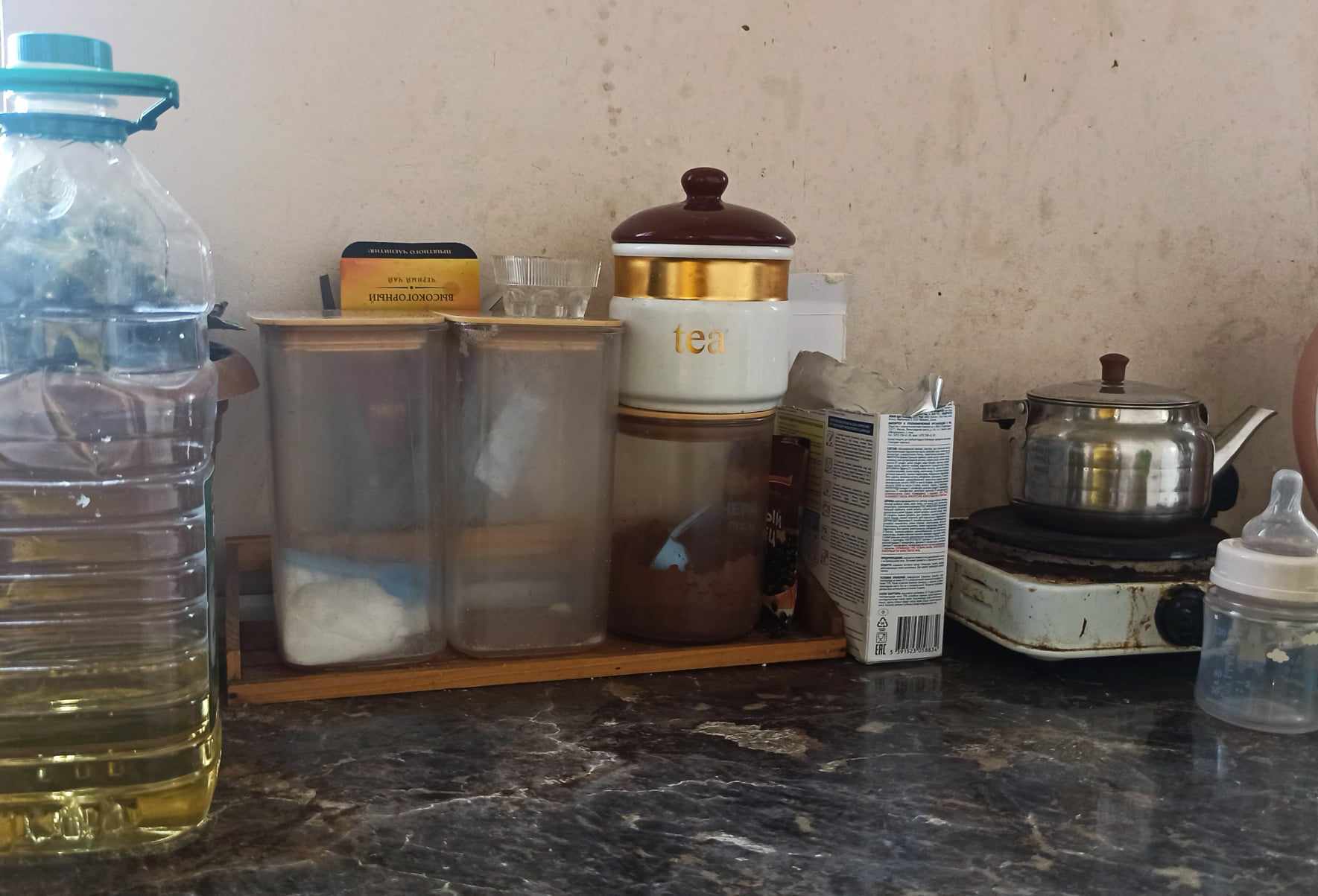
Currently, her employment at the bakery allows her to purchase two days' worth of bread. However, as per her observations, many people find it challenging to endure the queues. Some experience deteriorating health conditions, even fainting. Some request to hold their place in line as they step aside to eat something, returning to avoid worsening their condition. Some even leave money to secure their spot, ensuring they don't miss out on obtaining bread. At present, locating fruits and vegetables in the markets has become a daunting task. Finding even one or two kg of tomatoes or cucumbers is increasingly unlikely. In contrast to the previous year, the price of a kg of meat has doubled, reaching 7000-7500 drams.
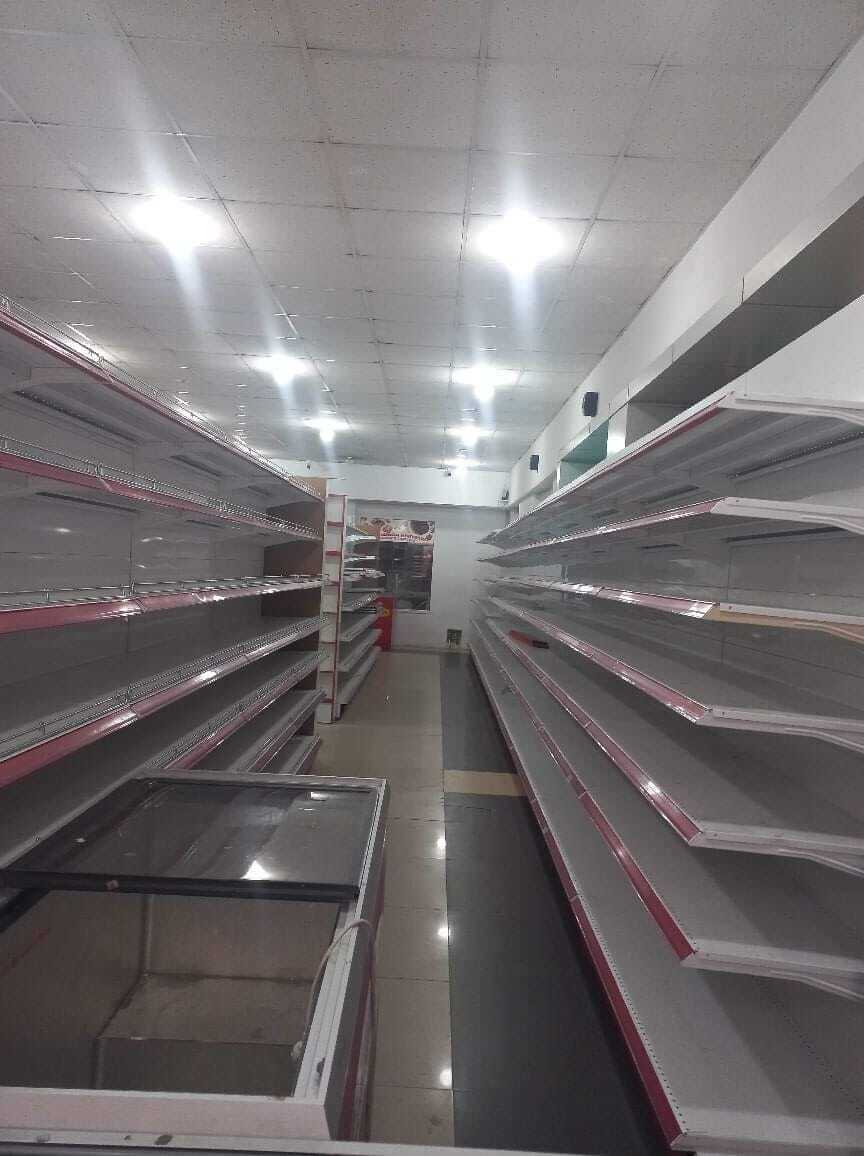
Currently, there is a complete absence of public transport in Artsakh, and fuel is also unavailable. Like everyone else, Liana commutes to work on foot every day. In the presence of larger vehicles, people are hesitant to board due to the overwhelming overcrowding, making the idea of commuting in such conditions possible. When power outages occur during the day, Liana rushes back home to ensure she has sufficient time to feed her children, prepare meals, attend to laundry, and subsequently returns to work.
Despite all these challenges, Liana remains resilient and hopeful. "I hold a strong belief that Armenians residing in Armenia will unite and take a stand, enabling us to overcome obstacles together. Amidst the recent surge of animosity and division, this could potentially serve as a significant test for us to introspect and regain our unity. I don't want my children to starve, to be subjected to genocide here, I want to live in Artsakh, to build our Homeland. Despite the viewpoint of some Armenians that regards Artsakh as part of Azerbaijan, it's essential to recall that Artsakh was once a province of Greater Armenia. The less we remember our history, the more we stand to lose."
Since December 12, 2022, Azerbaijan has closed the only road connecting Artsakh to Armenia, the Lachin Corridor. On April 23, 2023, the Azerbaijani side closed the Hakari bridge on the Artsakh-Armenia border, which was in the area of responsibility of the Russian peacekeeping troops in the Lachin corridor, thus deepening the humanitarian crisis. An Azerbaijani checkpoint was installed on the Hakari bridge. Since June 15 of this year, Azerbaijan has banned all humanitarian transportation through the Lachin Corridor. After that, the ICRC was only able to transport patients to Armenia a few times.
On July 29, Azerbaijan kidnapped a 68-year-old citizen from the ICRC-mediated patient who was transferred to Armenia from the checkpoint near the Hakari bridge and took him to an unknown place. On August 1, Azerbaijani servicemen kidnapped another citizen who tried to go to Armenia on foot from the village of Hin Shen in Artsakh, his whereabouts are also unknown.
Artsakh has almost completely run out of essential products and medicine. Coupons intended for buying food months ago are now useless because the stores are empty. People go out only to get bread. Artsakh has run out of fuel, public transport does not work at all, and private cars rarely move. The gas supply is regularly interrupted, and electricity is cut off. In Artsakh, 120 thousand people, including 30 thousand children, are under total blockade.
Photos are from Liana Voskanyan's archive
Hayarpi Baghdasaryan

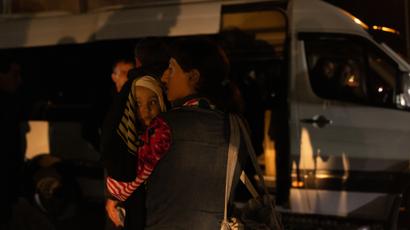
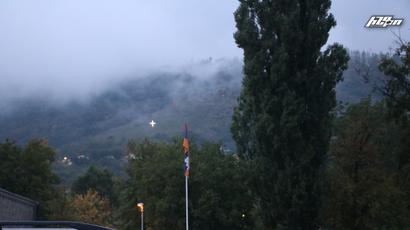
!["It's truly unbearable to be captive on your own land; everyone wants to live, yet the possibility of life is uncertain" [Blockade From The Inside]](https://cdn.infocom.am/enlarge?file=2023-08-07-4da13b91-9ae8-4497-a322-a6173bea598d.jpg&type=jpeg&width=410&height=230)
![A mother of five from Artsakh prepares sweets using the last remaining ingredients at home and shares them with neighboring children. [Blockade from the inside]](https://cdn.infocom.am/enlarge?file=2023-08-07-a38344bf-93f4-46f3-be0d-27ad2e27cf27.jpg&type=jpeg&width=410&height=230)
!["When we are in our own country, we endure whatever comes our way; the crucial thing is that we live here as Armenians, bread and hunger, though difficult, are not the primary focus." [Blockade from the Inside]](https://cdn.infocom.am/enlarge?file=2023-08-05-465609c7-c0fd-42d2-9db7-2a568a7428a5.jpg&type=jpeg&width=410&height=230)
!["I will sleep hungry, I won't even eat sweets, but in exchange, I expect to live in my motherland, Artsakh" [Blockade from the inside]](https://cdn.infocom.am/enlarge?file=2023-08-05-ab9a84b3-3f5e-4bcd-b049-5e8660312ed8.jpg&type=jpeg&width=410&height=230)
!["The fact of Artsakh not being part of Azerbaijan is of greater importance than concerns about food." [Blockade from the inside]](https://cdn.infocom.am/enlarge?file=2023-08-04-3e113b85-6b81-4589-b241-11323a00de2b.jpg&type=jpeg&width=410&height=230)
comment.count (0)